Yoga and Running: The Mutually Beneficial Relationship
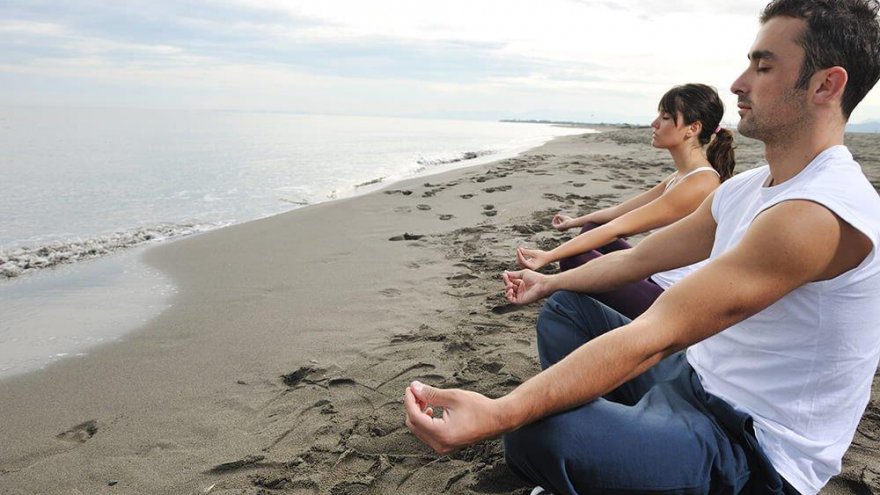
Yoga and running are very different, yet similar activities. When running, the feeling of our feet pounding the soil and sweat dropping from our forehead makes us want to get more, and more. On the other hand, yoga is a very calm practice; it’s all about soft motions and mental serenity, which is why it’s often considered to be a complete opposite to running.
If you remember anything from high-school, you’ll know that opposite poles attract each other. Well, this case is no exception.
The clear differences between yoga and running are precisely what make them complement the other one, think about these activities as the Ying and the Yang.
“How could they possibly benefit each other?”
It’s as simple as this: Yoga lacks some of the qualities and benefits from running, just like running lacks some of the benefits from yoga. Once you put them together, they both work along and you’ll have the secret formula to a healthy and active live.
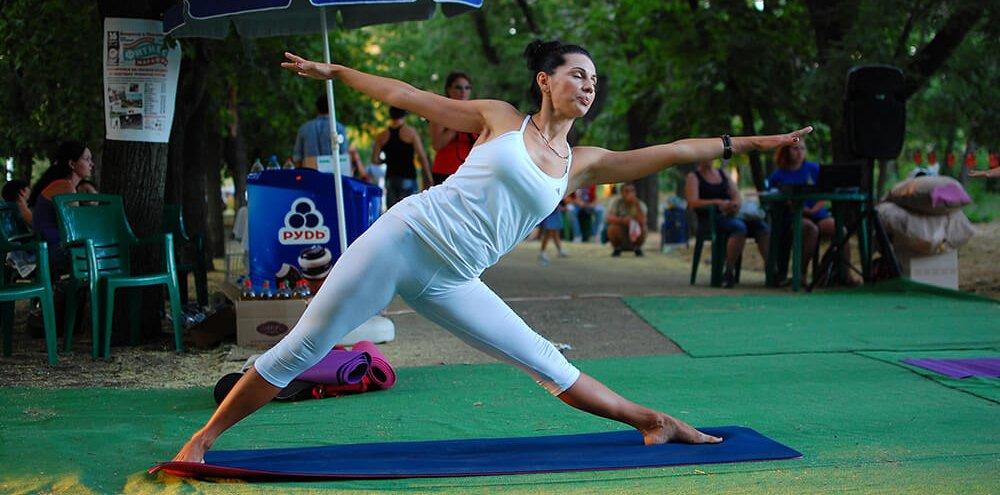
Yoga vs. Running – Pros & Cons
Commonly there’s some friction between runners and yogis; yogis often underestimate running and vice versa. In order to fully understand how these activities complete each other, you must first know what they consists of.
Runners are definitely some of the most fit and healthy sportspeople. It’s a practice that requires consistency, endurance and agility. There’s much more to this activity than just running, it requires an active physical form, consistent practice, and even proper breathing in order to perform it correctly and avoid injury.
Injuries suck, so make sure to avoid these Factors That Will Negatively Affect Your Running Pace
This activity has a large list of pros for you overall body and your general health, from enhanced endurance to better breathing and greater lung capacity. However, it also has a list of cons that stop you from getting the most out of this activity- this is where yoga comes in.
Yoga and Running
Average runners lack flexibility, which is a critical factor for proper motion and injury prevention. This is why it’s highly recommended to perform a complete stretching before running.
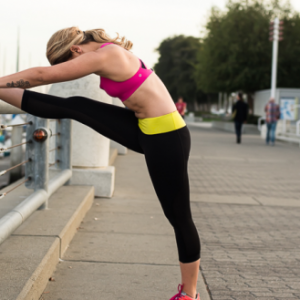
Believe it or not, that stretching you did last time you ran was just a short session of yoga. In fact, yoga is an activity that complements a wide variety of sports and trainings.
Just like running, yoga has a large list of healthy benefits for your body. It’s also a great practice highly recommended for therapeutic issues. Certain yoga positions can treat and improve specific muscle groups in your body, which is an excellent way to treat muscle imbalances and injuries.
However, it’s not all about stretching your body. This activity also helps the most important part of human beings: the mind.
Stress, anxiety and depression have been proven to affect muscle recovery and endurance, as well as common reactions from our body. Yoga is universally known as a peaceful and relaxed treatment for almost any psychological symptom.
Many sportspeople ignore the importance of a clear and relaxed mind, not realizing how a clouded mind can tax your body considerably.
So, yoga is an amazing complement for us runners and other sports practitioners. But how can running improve yogis?
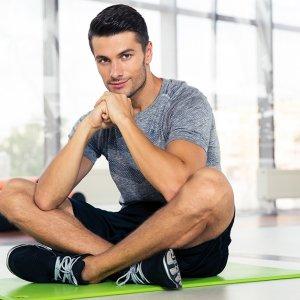
Running for Yogis
I’ve known some instructors who recommend their students to avoid any kind of running, as it can affect your performance, joints, and reduce your lifetime; this is simply false.
Yogis fully stretch muscles and place their mind in harmony when practicing. However, the amount of physical engagement is considerably low.
¨Does running impact my yoga negatively?¨ Absolutely no.
In fact, yogis practitioners can find multiple benefits by running. Besides the common benefits such as reduced chances of cancer and arthritis, running also contributes to your overall practice.
Like I previously said, an average yogi will lack endurance and leg strength. Guess which activity can compensate that? Boom, running.
Psst, hey you, want to get started as a runner? Check out these killer tips: How to Sustain Maximum Efficiency as a Beginner
Scientific Research
For those readers who’re skeptical about these statements, I’ll throw some science in here.
A study released by the Stanford University during 2008 followed middle-aged runners for two decades. Results not only indicated that joint functionality was not decreased; but it also revealed it was in fact enhanced.
Ross Tucker, notorious physiologist , explains that previously existent injuries are the cause of a considerable amount of running injuries
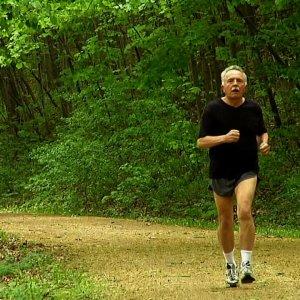
Professor Eliza Chakravarty stated in this same study, that running does not shorten your life and causes no negative impact in your knees, hips, or joints. She also states that a healthy person in their 70s should be perfectly able to run 90 minutes every week.
Science has also proven that running reduces considerable amounts of body fat, heart diseases and other fat-related symptoms.
In Conclusion
Despite being different practices, both activities provide great features for your body, mind and health. Instead of thinking which one is more effective, think how effective they are as a whole.
Some runners will try to convince you to drop avoid yogis, and some yogis will try to convince you to quit running. But why would you pick just one?
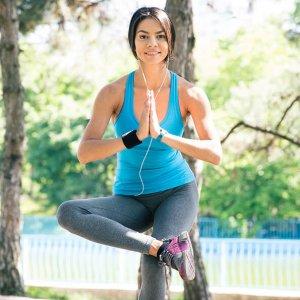
Practicing BOTH will take your fitness to a whole new level, and that’s a FACT.
These activities have much more in common that some people would like to admit. Yogis are not superior to runners, and runners are not superior to yogis. The only way to become superior is by practicing both!
Runners, don’t miss out on the awesome qualities that yoga has for you. Yogis, do a favor to your body and start running.
Author: Sergio Bettiol
Latest Articles
 Is Running on a Treadmill Easier Than Running Outside?Runners have their own preferences, whether it is treadmill running, running outside on the road, or exploring trails. So...
Is Running on a Treadmill Easier Than Running Outside?Runners have their own preferences, whether it is treadmill running, running outside on the road, or exploring trails. So... Is It OK to Use Trail Running Shoes on the Road?While trail running shoes can be used on roads, especially in situations where a runner encounters mixed terrains or pref...
Is It OK to Use Trail Running Shoes on the Road?While trail running shoes can be used on roads, especially in situations where a runner encounters mixed terrains or pref... How to Fix Sore Quads After Running?Rest, ice, gentle stretching, and over-the-counter pain relievers can help soothe sore quads after running. Also, ensure ...
How to Fix Sore Quads After Running?Rest, ice, gentle stretching, and over-the-counter pain relievers can help soothe sore quads after running. Also, ensure ... 10 Fruits With The Most Electrolytes to Replace Sports DrinksThese fruits are high in electrolytes such as potassium, magnesium, and calcium, essential for hydration, muscle function...
10 Fruits With The Most Electrolytes to Replace Sports DrinksThese fruits are high in electrolytes such as potassium, magnesium, and calcium, essential for hydration, muscle function...

